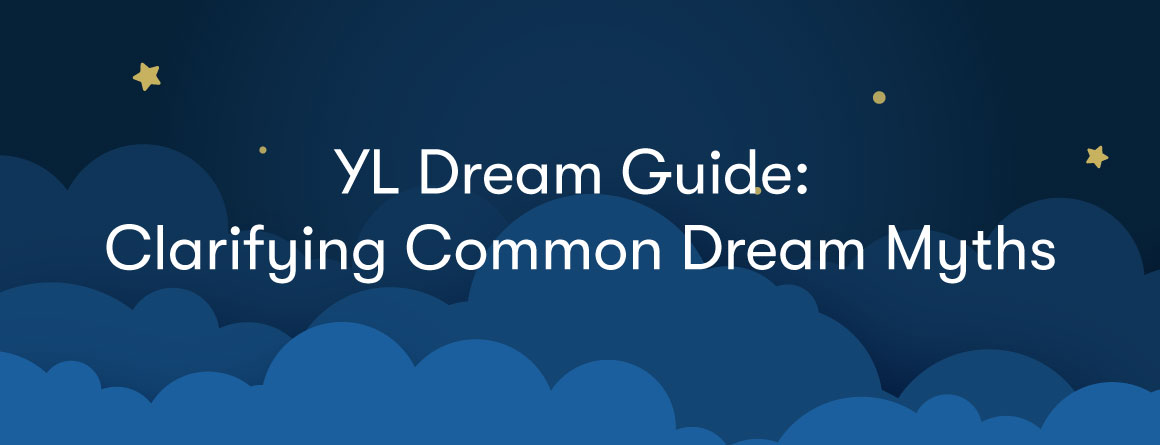Dreams are like short dramas that play out in our minds. It has always been mysterious, often leading to many questions and misunderstandings. Today, YL will take you behind the scenes of these skits, exploring the mysteries of dreams from a scientific perspective.
Many people feel that they are half-awake when dreaming and believe that frequent dreams mean they are not sleeping at all.
In fact, it’s quite the opposite! Dreaming is actually part of the sleep cycle. A sleep cycle consists of four stages: falling asleep, light sleep, deep sleep, and rapid eye movement (REM), and dreams usually occur during the REM stage. If we have 8-9 hours of sleep, we dream about 4-6 times each night. Therefore, dreaming does not mean that we are not sleeping; rather, it is a normal sleep phenomenon, only that we may not remember every dream.
So, if dreaming is a normal sleep phenomenon, why do we feel particularly tired after waking up from a dream?
While our bodies rest during sleep, our brains are hard at work. During REM, the brain processes emotions and memories and is 30% more active than when we are awake. If we wake up during this period due to external factors, such as an alarm clock, we will feel especially tired. Therefore, tiredness does not come from the dream itself, but rather from the brain’s high activity level.
Have you ever struggled to remember something but found it easier after a good night’s sleep?
Our brain acts like an editor, collecting various messy shots of the daytime during light sleep, filtering useful information, reorganizing them into meaningful memories during REM, and then converting them into long-term memory. That’s why if you have trouble remembering something, taking a nap might help! Of course, this doesn’t mean that you don’t need to study, it is just that dreams can help your brain process information better and make your mind clearer.
Did you know? The first periodic table in history was also born in a dream! Mendeleev, a chemistry professor in Russia, had studied for many years but haven’t figured out the rules of the chemical elements. Until one day, he had a sudden inspiration in a dream, and when he woke up, he immediately turned his imagination into reality. He successfully arranged the known chemical elements clearly, creating the famous “periodic table”.
If you wake up during a dream and find that you can’t control your limbs or movement, is there a ghost in bed?
Don’t worry! This is not a supernatural event, but a scientific phenomenon known as “sleep paralysis”. During REM, the brain temporarily shuts down limb activity to prevent us from physically acting out our dreams and hurt ourselves. If we wake up suddenly during REM and our muscles haven’t received the signal from the brain to move again, our body will not be able to move temporarily, which usually resolves after a short while.
Dreams can sometimes be heartwarming comedies or thrilling adventures, and restful sleep is the best director for these short dramas. If you want these skits to be more complete, it’s important to maintain good sleep quality. YL’s latest sleep duo could help! Super Magnesium helps relax the body and reduce fatigue, while Deep Night Essence promotes deep sleep and a healthy sleep cycle. You can also check out our series of 2-min Sleep Education Videos to learn more tips and enjoy every dream!
This post is also available in: Chinese (Traditional)










Leave A Comment